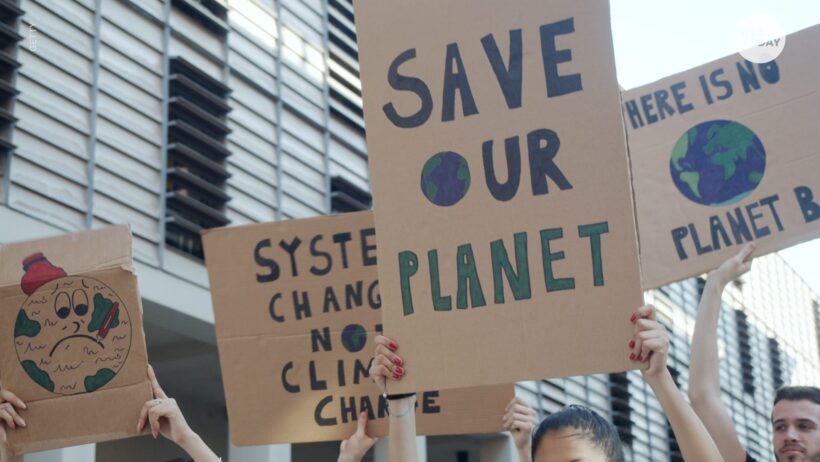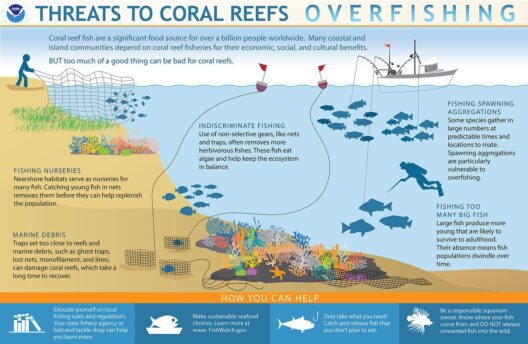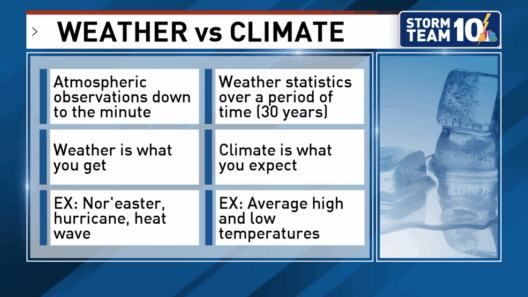The escalating crisis of climate change presents a profound challenge, necessitating immediate and decisive action. Individuals possess the capacity to catalyze significant transformations in their communities and beyond. By implementing sustainable practices and altering behaviors, anyone can contribute to mitigating the adverse effects of climate change. Below are actionable steps that can be undertaken by all to foster a more sustainable future.
Adapting lifestyle choices is paramount. Simple yet impactful changes can accrue substantial benefits. The pathway to a sustainable living begins at the household level.
Embrace Energy Efficiency and Renewable Energy
The most efficient approach to reducing your carbon footprint is to enhance your home’s energy efficiency. Utilize energy-efficient appliances that are designed to consume less electricity while delivering superior performance. Prioritize LED lighting, which significantly diminishes energy use compared to traditional bulbs.
Another critical step is to consider the installation of renewable energy sources, such as solar panels. While the initial investment may seem daunting, the long-term savings on energy bills and the positive environmental impact are undeniable. Moreover, numerous incentives and rebates are available that can alleviate the financial burden associated with such installations.
Revolutionize Your Transportation Choices
Transportation is a significant contributor to greenhouse gas emissions. Transitioning from gas-guzzling vehicles to more sustainable modes of transport is imperative. Carpooling, utilizing public transit, biking, or walking not only reduces emissions but also fosters a sense of community and promotes physical well-being.
If driving is necessary, consider investing in an electric vehicle (EV) or a hybrid model. The advancements in battery technologies and charging infrastructure have made these options more accessible than ever. Additionally, remember to maintain your vehicle to ensure it operates efficiently, thereby minimizing fuel consumption.
Rethink Your Dietary Habits
Food choices wield considerable influence over one’s carbon footprint. The production of meat and dairy is particularly resource-intensive, often resulting in deforestation, habitat loss, and high greenhouse gas emissions. By incorporating more plant-based meals into your diet, you can significantly curb your personal impact on the environment.
Moreover, sourcing food locally not only supports community farmers but also reduces the carbon emissions associated with transporting food over long distances. Engaging in practices like home gardening can further contribute to food sustainability while providing a sense of accomplishment.
Minimize Waste: Adopt the Three Rs
Waste generation is an often-overlooked facet of climate impact. Engaging in the practices of reducing, reusing, and recycling can significantly lessen the burden on landfills and conserve resources. Challenge yourself to minimize single-use items, opting instead for reusable alternatives that can endure countless cycles.
Implementing a composting system within your home is another effective way to divert organic waste from landfills. Compost enriches the soil, reduces the need for chemical fertilizers, and helps mitigate methane emissions produced by decomposing organic matter in landfills.
Advocate for Environmental Policies
While individual actions are critical, collective advocacy can drive systemic change. Educate yourself and others about local environmental policies and engage in dialogues to promote sustainable practices. Participate in or organize community forums that address climate change and sustainability issues.
Support local organizations and initiatives that focus on renewable energy, conservation, and climate advocacy. Additionally, remain informed about legislative developments at the local, national, and global levels. Contacting and lobbying elected officials to prioritize climate action can amplify your voice and facilitate larger scale changes.
Foster Environmental Awareness in Your Community
Environmental consciousness can be contagious. Initiating or participating in community clean-up events, tree planting drives, and awareness campaigns can inspire others to act. Share knowledge and resources within your community through workshops or social media platforms, highlighting the importance and effectiveness of individual actions.
Additionally, consider involving local schools and educational institutions in sustainability initiatives. Educating younger generations about climate change and its impacts lays the groundwork for a more environmentally conscious future.
Make Sustainable Choices a Habit
Ultimately, establishing a lifestyle centered around sustainability requires commitment and consistency. Making conscious and informed decisions should be a habitual process rather than an occasional endeavor. Start small but aspire for incremental improvements that resonate with your values and lifestyle.
Track your progress and celebrate the milestones to reinforce your commitment. It is essential to recognize that every action taken to combat climate change contributes to a larger movement, cultivating hope for future generations.
In conclusion, stopping climate change begins with individual efforts channeled into collective action. By transforming habits and advocating for sustainable practices, everyone can play a pivotal role in forging a healthier planet. The journey towards sustainability is ongoing and ever-evolving, but it is one that promises to yield profound benefits for our environment and society. It is time to act decisively for the present and future of our planet.






